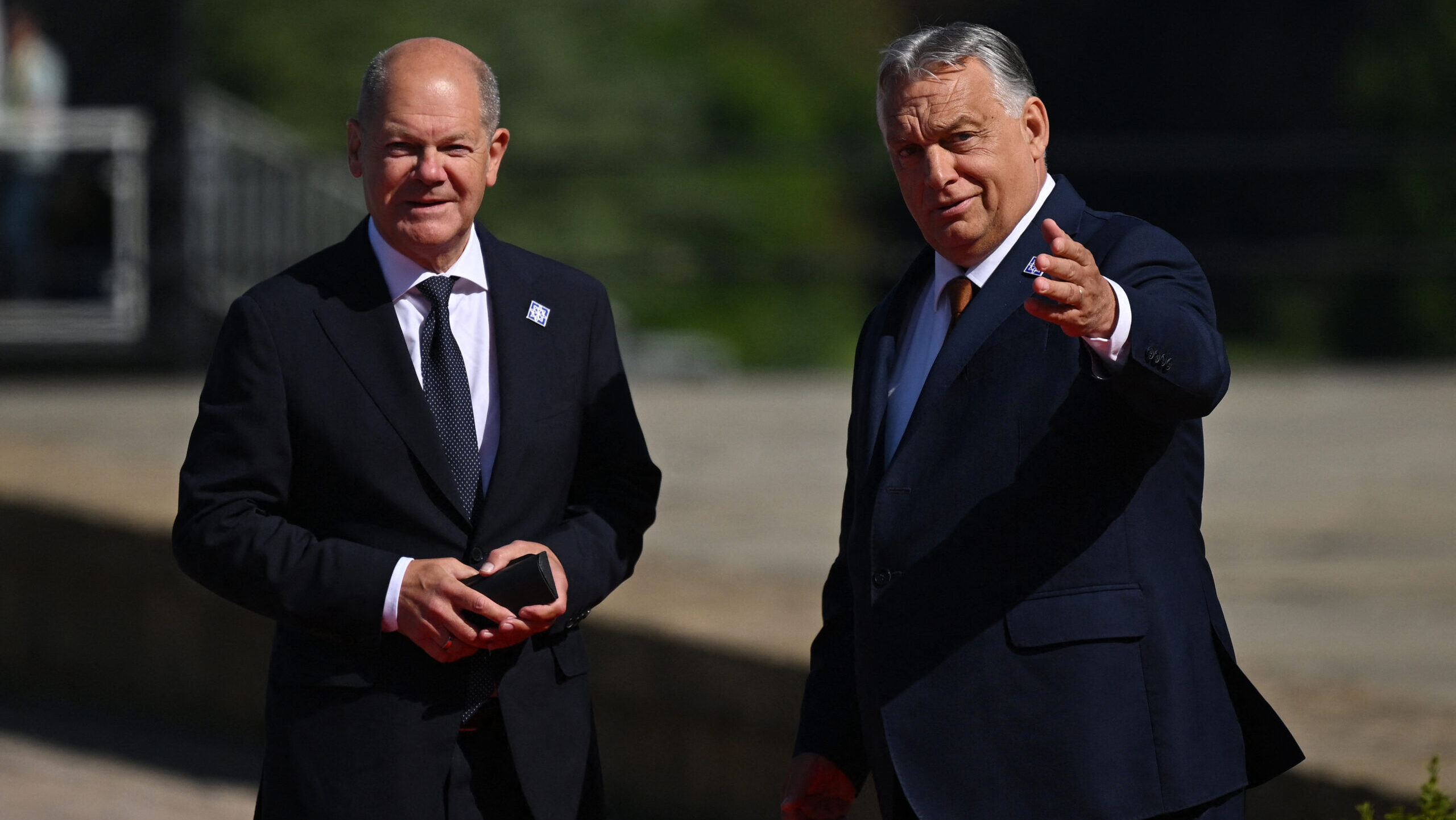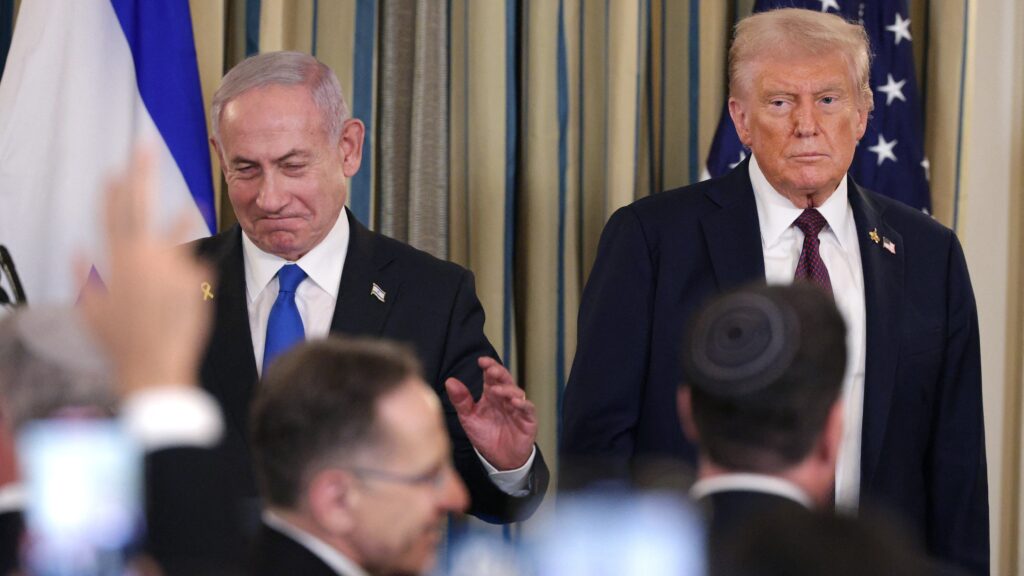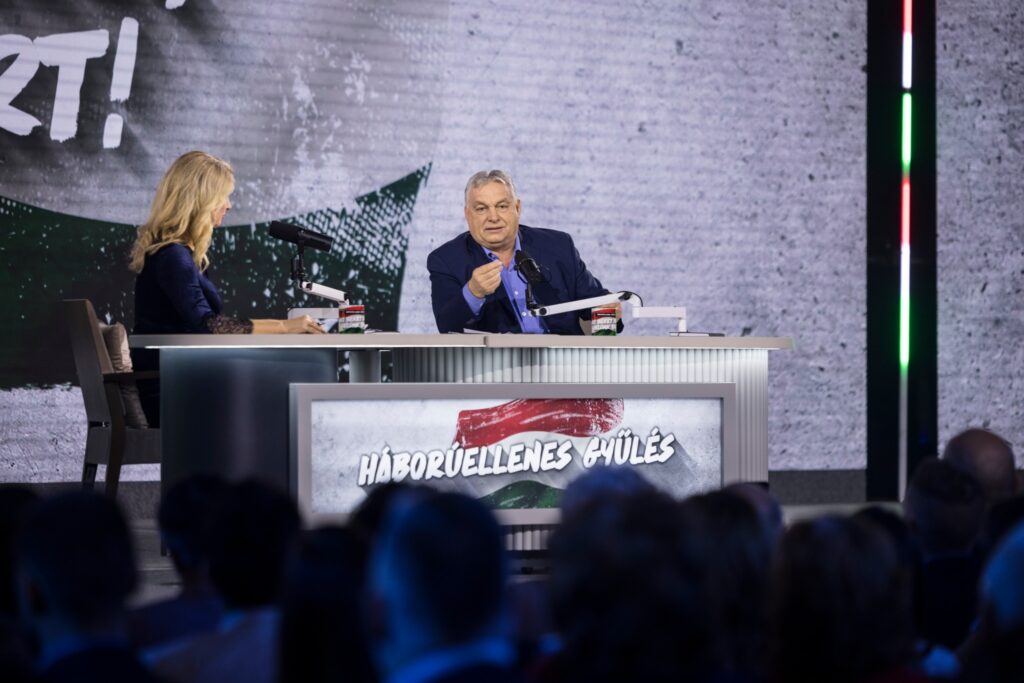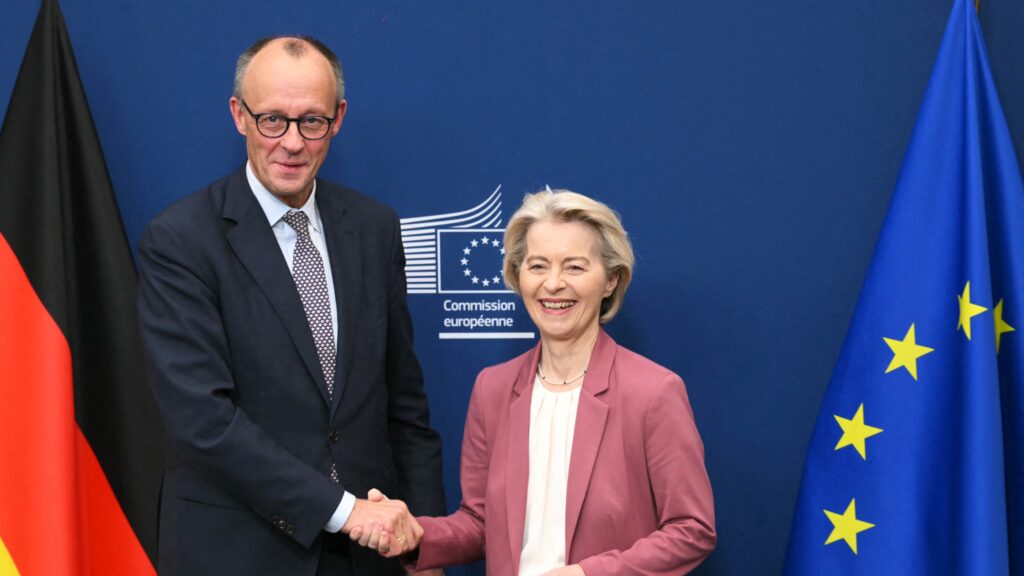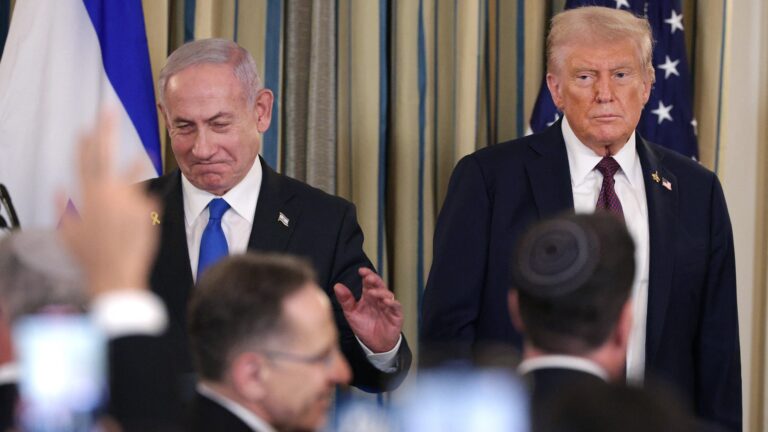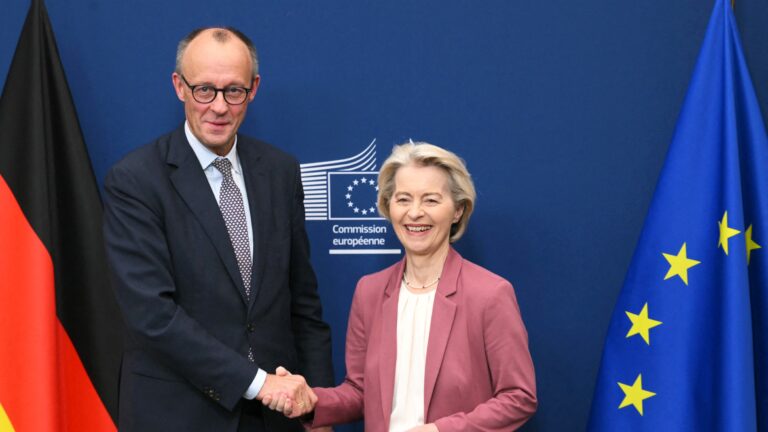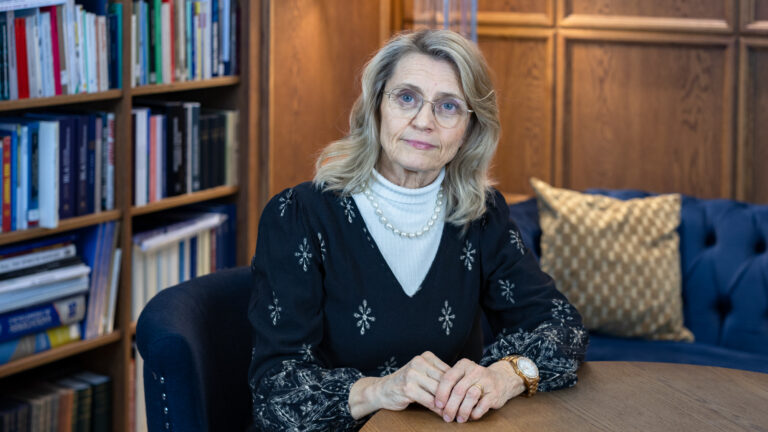The war in Ukraine has so far not developed this year the way Kyiv and its Western allies had hoped for at the beginning of 2024. The first six months of the saw a slow but steady Russian advance on the eastern front, and although Ukrainian forces made an incursion into Russia near Kursk in August, this operation did not achieve the expected results. The Hungarian government’s position—that the war cannot be won on the battlefield and that peace talks must be initiated as soon as possible—is becoming increasingly accepted as correct.
It seems that Western leaders, driven by war fever, are beginning to sense this shift. German Chancellor Olaf Scholz recently told the Bundestag that he is ready to sit down at the negotiating table with Russian President Vladimir Putin. ‘If the question is whether we will also talk to the President of Russia, we say: yes, we will,’ Scholz stated. However, he added that Ukraine’s position, along with those of other Western allies, must also be represented in such negotiations. Scholz highlighted that alongside strong support for Ukraine it is now time to explore how to ensure this war does not drag on indefinitely.
Scholz’s announcement is not surprising, given that the German media have been reporting for weeks about his’s willingness to talk peace, although he had not spoken so openly about it until now. Whether Vladimir Putin will agree to sit down with him—or any other Western leader—is another matter. The two leaders have not spoken since December 2022, and German Foreign Minister Annalena Baerbock recently stated that Putin is not willing to engage with Chancellor Scholz on the topic of brokering peace in Ukraine.
‘Currently, Putin is only engaging with one European leader—Hungarian Prime Minister Viktor Orbán’
Hungarian government officials have repeatedly warned over the past three years that a complete breakdown in diplomatic relations and communication could have serious consequences if peace talks were to be pursued. Currently, Putin is only engaging with one European leader—Hungarian Prime Minister Viktor Orbán. However, no significant negotiations are expected to take place before the US presidential elections on 5 November, and the possible—and increasingly likely—victory of Donald Trump could drastically change the situation.
At the moment, we are witnessing a situation similar to the migration crisis and migration policy: the Hungarian government consistently takes a firm stance, which is almost universally attacked, criticized, and discredited by other EU member states. Then, after a few months or years, it becomes clear that the Hungarian position was the right one all along. We have seen this happen before.
Scholz’s U–Turn
In light of Scholz’s statement it’s worth recalling the remarks made by German Ambassador to Hungary, Julia Gross, just two weeks ago. At the beginning of October, during her speech on German Unity Day, Gross strongly criticized Viktor Orbán and the Hungarian government. She claimed that a series of actions have undermined Hungary’s credibility, specifically citing Orbán’s efforts to bring peace to Ukraine, which included talks with Vladimir Putin in July.
Scholz was also dismissive of Orbán’s peace mission. The German chancellor made it a point to highlight—despite the Hungarian government having clarified this on numerous occasions—that Orbán did not represent the EU, but conducted talks as the head of a sovereign state. Scholz further stressed that ‘the EU’s clear message is that Ukraine can count on our solidarity, while Vladimir Putin cannot count on any decline in our solidarity and support.’
‘The Hungarian prime minister has made it so that discussing peace and negotiations is no longer taboo’
In any case, it is clear that Orbán’s peace mission has initiated a process, and the Hungarian prime minister has made it so that discussing peace and negotiations is no longer taboo. Perhaps Scholz’s example will encourage more Western leaders to stand up for Europe’s true interests. While this is just speculation, it may not be a coincidence that the German Chancellor spoke about the possibility of talks with Putin just a day after meeting Viktor Orbán in Berlin.
Scholz’s statement is the first ray of light piercing the fog of war that has shrouded Europe for the past two years. It could be downplayed, but Germany remains one of the EU’s most influential member states, and Berlin’s weight is undeniable, despite its current economic challenges. The experience of recent years shows that what Germany pushes for in the EU often becomes reality sooner or later. Let us hope Scholz remains committed to his current position and succeeds in achieving even a temporary ceasefire between the parties. The first step towards that outcome was taken yesterday.
Related articles:

